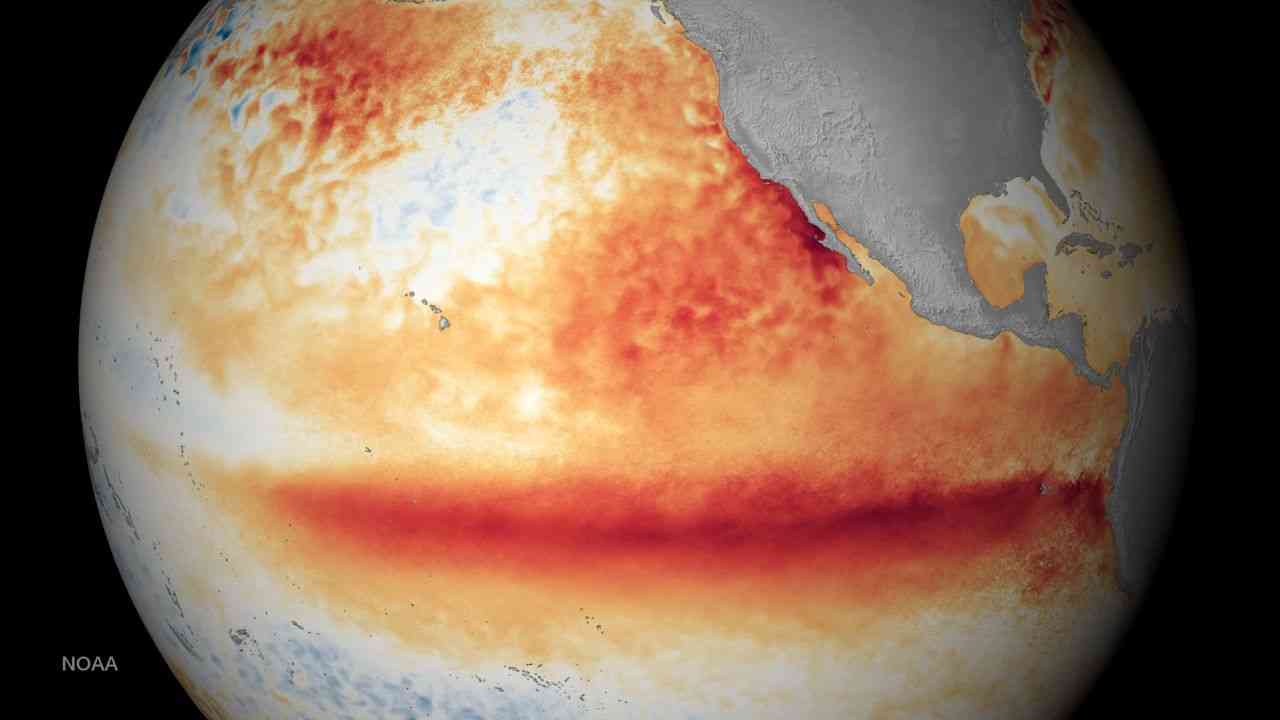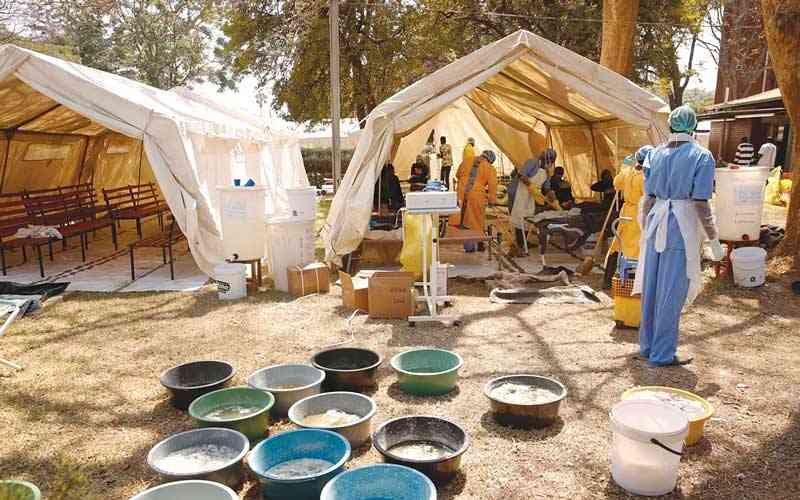
THE spectre of El Niño hangs heavily over Zimbabwe, casting a dark shadow on the country’s summer farming season. The warnings are clear, the unfriendly weather phenomenon brings with it the grim possibility of a devastating drought. This is not a distant threat, but a present reality that demands immediate and decisive action.
Zimbabwe, already grappling with economic challenges and food insecurity, is particularly vulnerable to the whims of El Niño. The memories of the 2012 drought, which caused widespread crop failure and hunger, still linger in the citizens’ minds.
Government, in collaboration with its development partners, must proactively implement a comprehensive drought mitigation plan. This plan must encompass several key areas that include strengthening early warning systems to accurately predict rainfall patterns.
Though El Niño brings along hunger among other negative effects, it is a blessing in disguise as it forces the authorities to come up with strategic climate change mitigatory measures. This will enable timely interventions and resource allocation.
Agricultural expert Charles Dhewa recently said although El Niño has a negative impact on the national fiscus, the weather phenomenon has its merits too.
On the positive side, it will compel policymakers to think outside the box and support the production of diverse commodities beyond the usual suspects such as maize. By nature, human beings only take action when survival is threatened by a crisis like El Niño or a pandemic.
It is high time authorities implement sound policies in mitigating climate change effects.
Government should promote the adoption of drought-resistant crops, water-efficient irrigation systems, and sustainable land management practices that are essential for building resilience in the long run.
- I don’t have depth: Bosso coach
- SA insurer targets Zim after US$2.4 million payouts
- Ex-convict arrested for killing rival suitor
- Recalled PDP councillors challenge expulsion
Keep Reading
Another option is to come up with efficient water management strategies, including rainwater harvesting, borehole rehabilitation and improved sanitation, which are vital for mitigating water scarcity.
An increase in public awareness among farmers and communities about the dangers of El Niño and encouraging preparedness measures is crucial.








